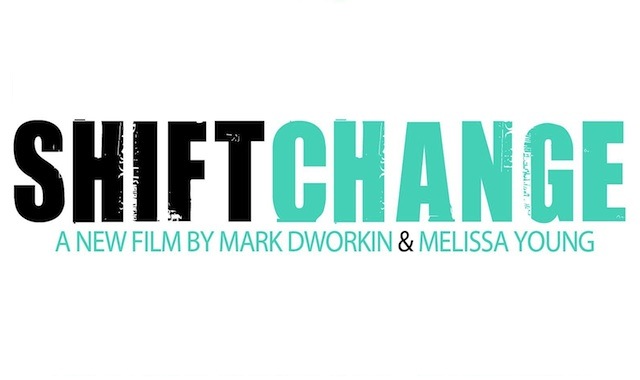By Daphne Auza
In a capitalist society where big business is king, a company that prioritizes the needs of its workers may sound like a myth. The growing worker-owned cooperative movement, however, offers an alternative to the corporate model dominating today’s society. It aims to create democratic workplaces where employees decide the governance of a business and how it functions. Together they invest in and claim ownership of the company, making its future dependent on a collaborative effort.
Successful worker-owned cooperatives resemble conventional businesses in many ways. They develop and manufacture products and services for consumption and seek to make enough profit for their business’ continuity. Workers receive a payment after operating expenses are recovered, but among cooperatives this money is called a surplus rather than a profit.
Instead of establishing a hierarchy of executives, however, employees decide the leadership structure that will work best for them while adhering to a “one member, one vote” principle. There is no one structure that all cooperatives must follow, so a variety of decision-making models can be found among cooperatives. Even with this flexibility, cooperatives are still expected to follow a basic set of guidelines established by the international work cooperative federation CICOPA in 2003. In policy and practice, a cooperative must provide the mechanisms for workers to make all the executive decisions for the business. According to the U.S. Federation of Worker Cooperatives, “worker-owners get a lot of practice making decisions, building their skills in a variety of areas and participating democratically in a process to benefit the larger group.” Within this model, employees are not limited to one job; they might wear many hats as simultaneous business owners and employees.
One of a cooperative’s highest priorities is creating community benefit. Employees of cooperatives work to create stable long-term jobs, enact sustainable business practices, and link different parts of the social economy. Cooperatives have been shown to provide better working conditions and increase household wealth for low-income workers, according to the website of the U.S. Federation of Worker Cooperatives.
A vast majority of worker-owned cooperatives are small businesses, and they have found success in many different sectors and industries. The concept of a worker-owned cooperative is not new and has proved to be a functional business model, which can lead one to wonder why the movement has not picked up more speed.
In 2012, filmmakers Mark Dworkin and Marissa Young chose to illuminate the transformative effect worker-owned cooperatives can have on the economy. They traveled around the United States and Spain to highlight successful cooperatives around North America and Spain. The result of their extensive venture was a documentary film named Shift Change: Putting Democracy to Work.
Shift Change portrays the diverse ways in which cooperatives and their members have found a real solution to the cutthroat economy Americans find themselves in today. Much of the film follows the story of the Mondragon Cooperative Corporation, whose co-ops have transformed an economically depressed region of Spain into one of the most productive areas in Europe. By presenting this story alongside those of functioning cooperatives in North America, the documentary suggests that cooperatives in the United States need not remain on the margins of the economy.
The worker cooperative movement focuses on changing the ways that Americans do business. It offers a real solution to economic inequality for those disillusioned with the cutthroat competition on which the corporate model is based. With the expansion of more democratic business practices, the movement’s ultimate hope is that a new economy based on people’s needs will emerge.
 About the Writer
About the Writer
Based in Los Angeles, Daphne Auza is a current student at Occidental College pursuing a major in English and Comparative Literary Studies. Her interests lie in travel, poems, and the intersection between the arts and social justice, but her curiosity extends far beyond those realms as well. She likes to think that many of her passions are founded on her seemingly insatiable restlessness. You can check out her daily musings and other writings at candidkandu.tumblr.com.




